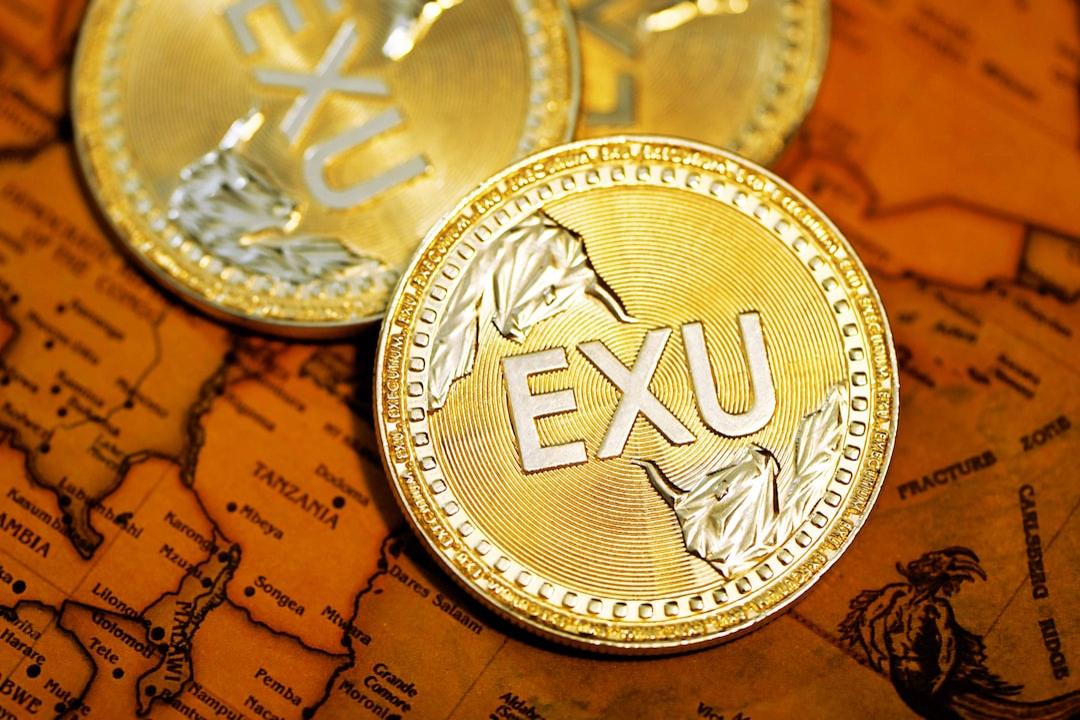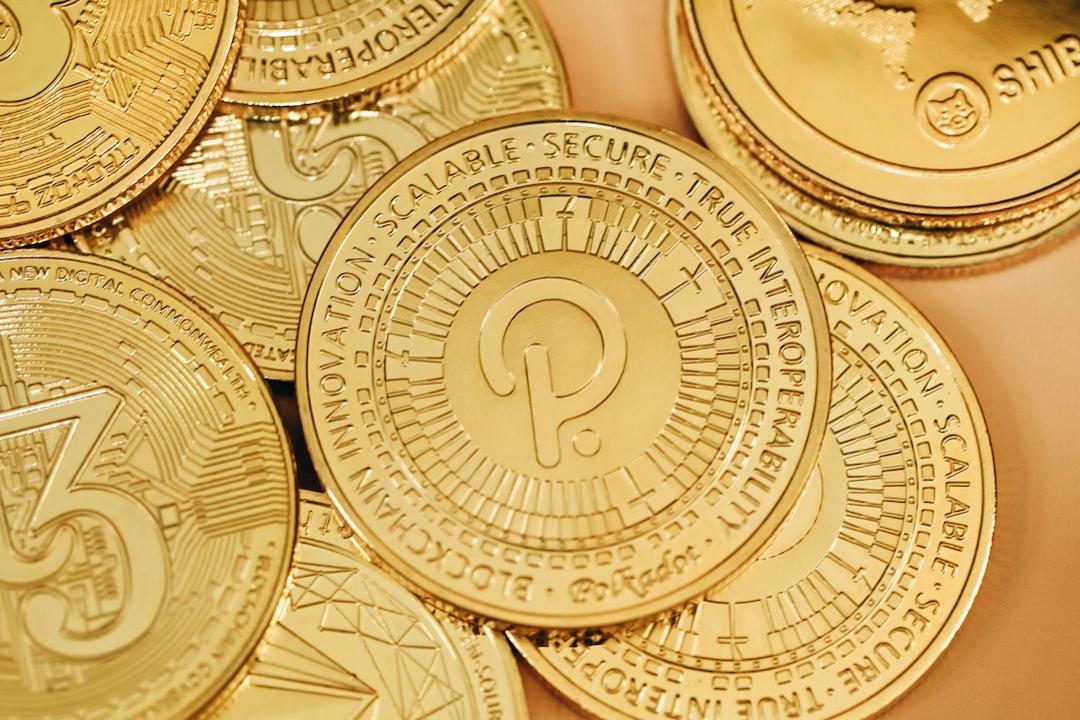New Taiwan Dollar Surpasses 30 Against US Dollar, Sparking Public Outcry
Today, the New Taiwan Dollar has broken the 30 level against the US Dollar, leading to public lamentations. Many have taken to the Central Bank’s Facebook page to criticize Governor Yang Jinlong, with some recalling that a month ago, the Central Bank rejected the idea of holding Bitcoin as reserves due to its “excessive volatility.” However, the recent volatility of the New Taiwan Dollar has far exceeded that of Bitcoin by nearly three times, making the Central Bank’s stance seem contradictory.
(Background: The next president of Taiwan may issue a commemorative coin using NFTs? The Central Bank hints that legislative amendments could make it possible.)
Trump’s Tariff War: Taiwan Unaffected?
The recent posts by the Taiwan Central Bank have angered many citizens. As the New Taiwan Dollar surpassed 30 against the US Dollar, Facebook was flooded with distrustful comments directed at Central Bank Governor Yang Jinlong. Despite the Central Bank releasing a press statement on May 2 clarifying that “there was no intervention, it was a natural market movement,” public outrage continued to grow. Many netizens unearthed past statements from the Central Bank, humorously labeling them as “full of lies,” and resurrected old posts mocking Bitcoin, claiming that the volatility of the New Taiwan Dollar has now surpassed that of Bitcoin.
Central Bank Explains Market Expectations for Taiwan Dollar Appreciation
Last Friday (May 2), the Taiwan Central Bank attempted to quell the rising tensions by addressing public misunderstandings regarding exchange rate fluctuations. The Central Bank reiterated that the US Treasury had not issued any directives concerning exchange rates, and emphasized that the international market had already developed a “psychological expectation” of the Taiwan Dollar’s appreciation. Nevertheless, this explanation was met with a barrage of critical comments from the public.
Many people pointed out that the Taiwan Dollar had appreciated by 8% within two days, with tariffs exceeding 10%, posing a significant impact on the export industry. Comments included, “How do I report a tariff of 29.9?” Others questioned the manipulation of the exchange rate, saying, “Foreign capital bought 40 billion and the rate rose by 1.5, yet when selling over 300 billion in March, there was no significant depreciation?” Some humorously suggested that the Taiwan Central Bank is merely a subordinate agency of the United States, while the Central Bank has yet to release a press statement in response to the public’s anger.

Contradicting Claims About Bitcoin’s Volatility
Ironically, just at the end of March, the Central Bank published an analysis titled “Analysis of Bitcoin as a Central Bank Reserve Asset or National Strategic Reserve,” addressing the opinions from Taiwanese legislators and the public regarding Bitcoin reserves. In the document, the Central Bank stated that Bitcoin lacks asset safety and liquidity, and described its volatility as severe, deeming it unsuitable for long-term stable investment by the Central Bank.
However, the recent appreciation of the New Taiwan Dollar has left many citizens in distress. During the period from May 2 to May 5, when the Taiwan Dollar was rising, Bitcoin’s volatility ranged between $97,749 and $93,913, with a price fluctuation of only 4.08%. This has resulted in a previously unimaginable situation where the volatility of the New Taiwan Dollar far exceeds that of Bitcoin, seemingly confirming that in a politically tumultuous environment, Bitcoin can provide some degree of hedging.
Are US Dollar Reserves a Disadvantage?
In fact, in the past, the Taiwan Central Bank held substantial US Dollar reserves from exports, which were then invested in US Treasury bonds, regularly intervening in the foreign exchange market to stabilize Taiwan’s export advantages. However, during the Trump administration, holding vast amounts of US Dollars may have become “as good as useless.” In the Mar-a-Lago agreement, Trump argued that devaluing the Dollar was necessary to save the US trade deficit. Taiwan’s reliance on a depreciating exchange rate for exports was described by Trump as “trash behavior,” prompting TSMC’s industry to prioritize negotiations with the White House and the United States for leeway under tariffs.
Since the approval of Bitcoin ETFs in the US, there have been suggestions from the public for the Central Bank to diversify some of its assets into other currencies to mitigate risks, particularly by allocating Bitcoin as a hedge against political interference. Following Trump’s election, the Central Bank finally responded to its research on Bitcoin. From the Central Bank’s past views on virtual assets, it is clear that it still regards Bitcoin and other cryptocurrencies as having “no intrinsic value,” reflecting a traditional financial disdain for cryptocurrencies. Previously, the Central Bank frequently mocked El Salvador’s adoption of Bitcoin as legal tender, which resulted in disaster.
However, in light of the disaster stemming from the recent plunge in the New Taiwan Dollar against the US Dollar, the Central Bank has chosen to be evasive. As Taiwan’s Central Bank faces the question of whether it needs more flexible monetary and national reserve policies amid the Trump era, the current tides of change are testing the Central Bank’s adaptability.



